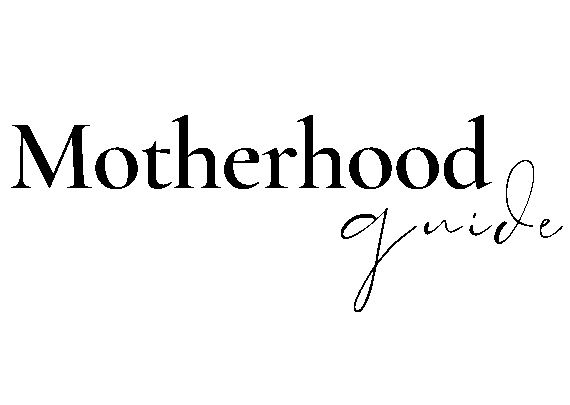Let’s talk about something most of us would rather avoid – conflicts and arguments, especially with our teens.
But here’s why you should argue with your children:
- It teaches them boundaries. When they push and you push back, they learn limits.
- It shows them it’s safe to have a voice – that they can disagree with you and it’s not the end of the world.
- It builds emotional resilience. They can feel mad, sad, or frustrated and still be loved.
- It teaches problem-solving skills. Arguments force us to listen, negotiate, compromise and even apologies.
- It deepens trust. When conflict goes sideways but you show them how to repair it by admitting that you overreacted, or taking some time and coming back to it in a calmer tone later, your teen learns, “we can mess up and still be okay.”
Think of the last time your daughter rolled her eyes or your son slammed the door right in front of you. All you wanted in this very moment is to storm in, impose your authority, and shut it down with something like, “Don’t talk to me like that,” or “End of conversation,” or “You’re punished.” But you stopped yourself halfway because you didn’t feel like arguing. We all want good vibes only. As nowadays parents, we’re afraid of upsetting our kids. So we hold back, swallowing our frustration and hoping they’ll figure it out on their own and maybe even come back to apologise. Been there, done that.
Why It Feels So Hard to Argue With Your Children
Maybe, just maybe, we’re not avoiding the conflict because of their reaction, but because of yours?
Conflict with your teen isn’t a sign something’s broken. It’s a sign they’re practicing independence, testing boundaries, and learning how to have a voice. That’s positive. Help them do that!
Many of us never learned how to argue in a healthy way. Growing up, we weren’t allowed to argue with our parents or teachers and if we tried, it was seen as disrespect.
Maybe our parents only argued behind closed doors, so we never saw what respectful conflict looked like. Or worse, maybe they fought in ways that were scary, or conflicts lasted weeks. So now, when we see conflict, especially with our own kids, it feels unsafe, wrong, even damaging.
But what if we try to see conflicts not a the enemies to our relationships, but as a tool and an unavoidable part of human being communication. We all argue in order to:
• establish our opinions,
• set boundaries,
• and let’s be honest, sometimes just let off steam (and that is normal too).
Teach Them How to Do It Well
If your teen only learns to avoid conflicts, what happens when they disagree with a boss one day? Or a partner? Or when your kids will in need to stand up for themselves? Our teens need to learn how to do that, not by avoiding conflict, but by practicing it with us, the safest people they know.
So instead of seeing every argument as a sign something’s wrong, see it as training for real life. Stop comforting them, start teaching. Stop acting as their friend, start being their parent.
Now, arguing doesn’t mean yelling or slamming doors.
Show them how to argue:
- Stay calm-ish. You don’t need to be a saint, but if you explode every time, they’ll only learn fear.
- Listen to what they have to say. Even if their reasoning sounds silly, hearing them out shows respect (this one is the hardest for me personally…)
- Ask for their arguments. If they want to “win,” they need to learn how to convince, explain, and articulate their points clearly. Give them time to find facts if they need it, ask them to support their opinions with evidence, and encourage them to study the topic they’re arguing about. They might even change their mind halfway through (that happened quite often for us). The goal isn’t to prove them wrong or right, but it’s to teach them how to argue with knowledge and reasoning.
- Use “I” statements. Instead of, “You’re so lazy,” say, “I feel taken for granted when you leave your things scattered or don’t clean up.”
- Allow emotions, but within boundaries and etiquette. And listen, it doesn’t have to be perfect. If you lose your temper, you can always come back and say, “Hey, I lost my shit earlier. Here’s what I wish I’d said instead.” That’s repair. That’s teaching. That’s showing her your relationship matters more than the conflict.
So next time see your next kitchen argument about that bloody curfew as a chance to teach your teen how to stand her ground, listen to the other side, calm down, and come back. They will not thank you now, maybe never, but they will learn something extremely valuable.












